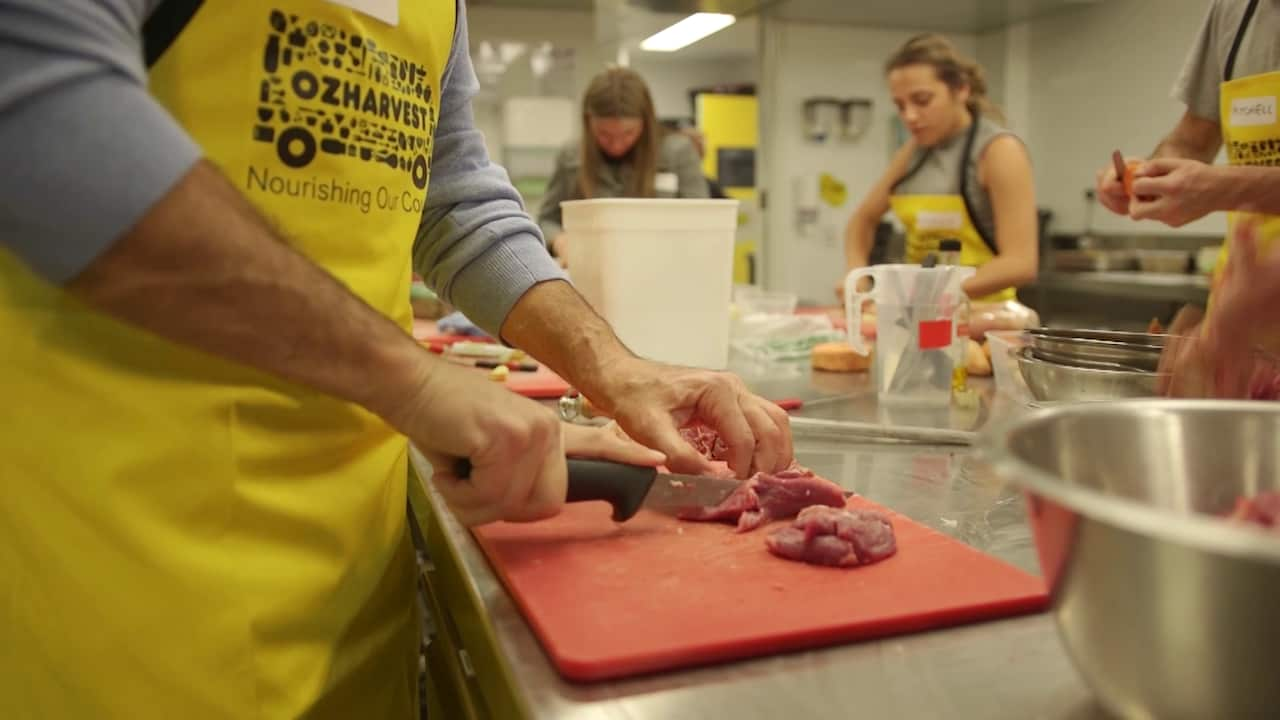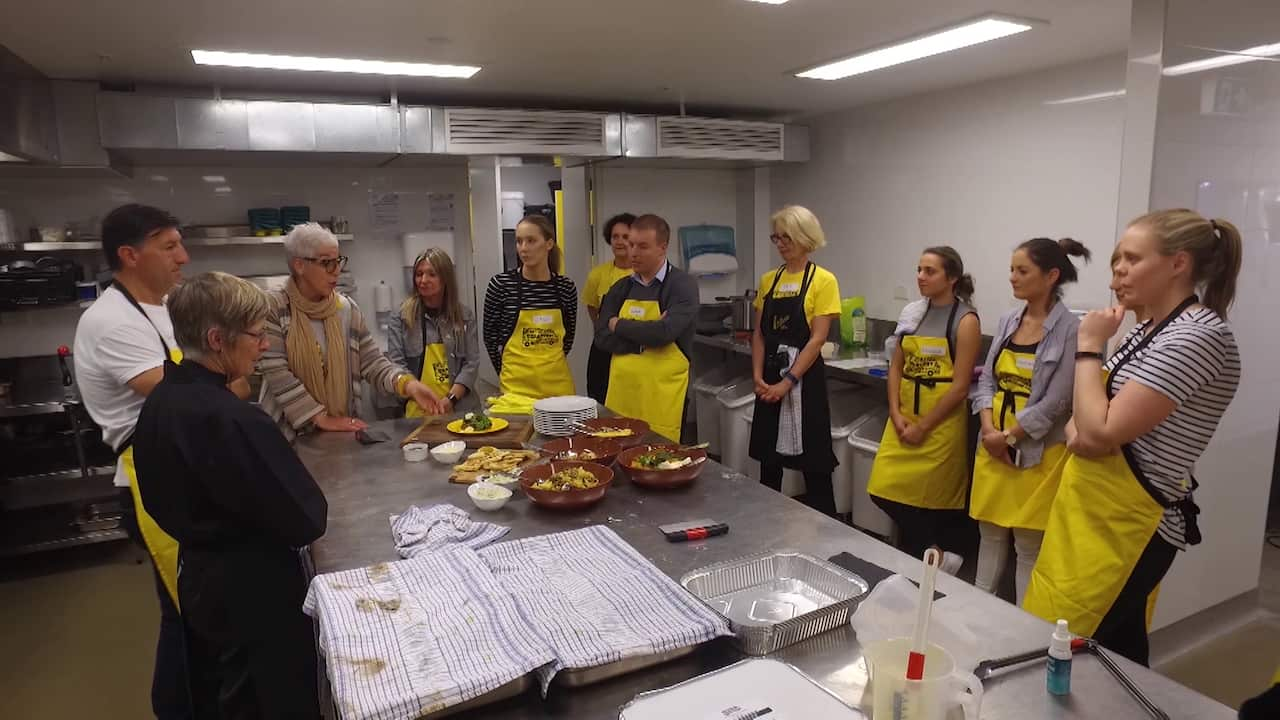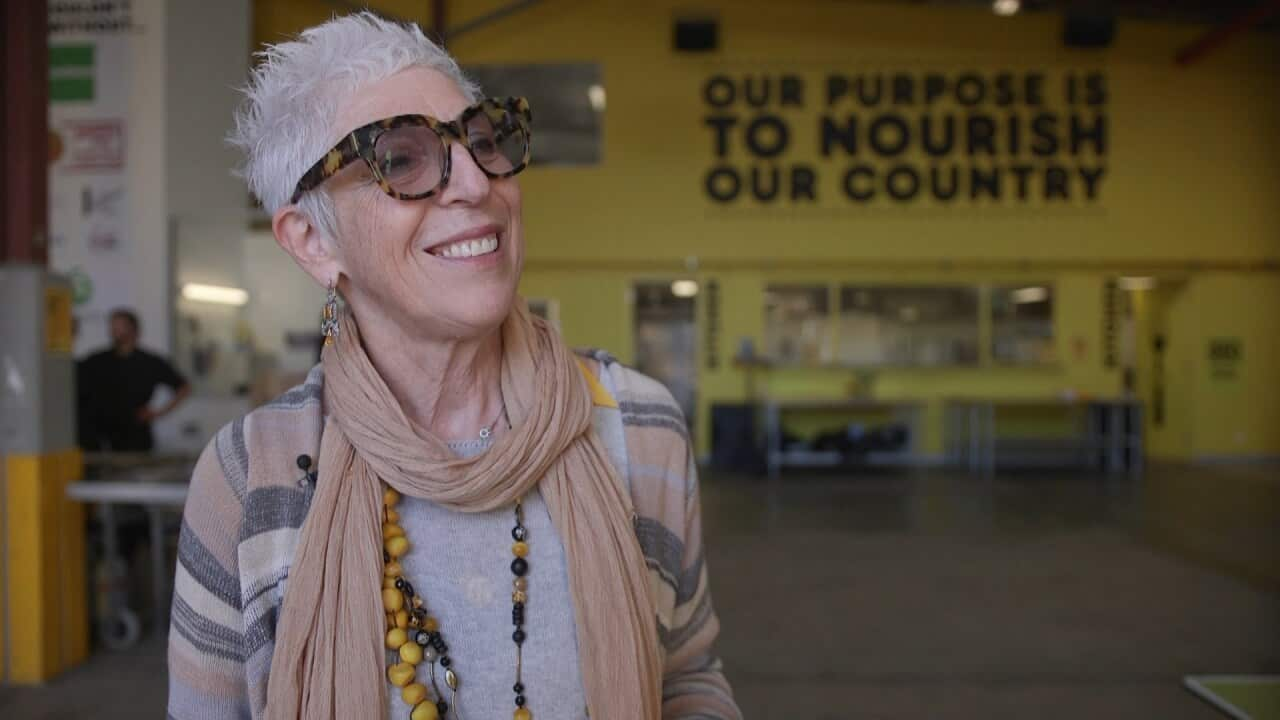By now Ronni Kahn's story is a pretty well known one - she started OzHarvest 12 years ago while running her event planning business, after deciding she wanted to fulfill a higher purpose.
Seeing how much food went to waste at her own events, it clicked: "I knew that there was food, I knew there were people in need," she says. "And it seemed like if I could connect those two, it might be a good thing."
12 years later, OzHarvest is an $8.5 million dollar operation with 135 staff and over 2000 volunteers nationally, delivering 15 million meals a year. In 2010, she was named Australia's Local Hero as part of the Australian of the Year Awards.
But Ronni says she couldn't have done any of it with out her business background, and the connections she gained while working in the events industry.

"These days, a charity isn't just about having a good heart, it's about efficiency, economics, delivery, impact. And there's no doubt the more business skills you have, the more effective and efficient your charity is going to be. I think one of the differentiators for OzHarvest is absolutely that when we started 12 years ago, I ran it like a business from day one."
Choosing the model for OzHarvest was one of the first challenges - there were no similar food rescue organisations in operation in Australia. So Ronni decided to scale-up what she was already doing on an individual level: taking leftover food from events and dropping it off at local charities.
"But once I decided to actually start OzHarvest I did discover a model in America, so I went over to see what that looked like and learned and took the best and came back and made it work for us."
But before it could work here, she faced a legal hurdle: "if we give you food, what happens if someone gets sick? Who's responsible? So we lobbied, although we started before the laws were changed, we had laws changed from 2005 to 2009 in four different states, to allow food to be given away for free, without fear of liability."
Now one of the biggest challenges is keeping the charity sustainable.

"We could never take for granted that money will come walking in the door," Ronni says. "So we've had our social return on investment measured." Currently it sits at $5.68 for every dollar invested.
A revenue stream has also been initiated, in the form of the 'Cooking for a Cause' program. "It's an engagement piece for us," Ronni explains. "We invite corporates who are always looking for team building ideas - they have a three hour cooking class, they make beautiful food, they get to taste just a little, but the bulk of those meals get delivered out at the end of their session, and put on the table of someone in need."
The program now provides an eighth of OzHarvest's annual expenditure, with the rest coming from donations from individuals, foundations, trusts, companies and others.
But Ronni says she doesn't refer to OzHarvest as a non-profit. "You would not call Apple, or Google or Microsoft a not-for-loss. Why should you call us a not for profit?" she asks with a smile. "We are for impact, for purpose. We have profit, we just measure it in a very different way."
Want to find out the secret to small business success? Tune into #BizSecretsSBS at Sundays 5pm on SBS, stream on SBS Demand, or follow us on Facebook, Twitter or Instagram.
Sustainable SerendipityRelated Reading

Sharing business secrets of inspiring entrepreneurs & tips on starting up in Australia's diverse small business sector. Read more about Small Business Secrets
Have a story or comment? Contact Us


